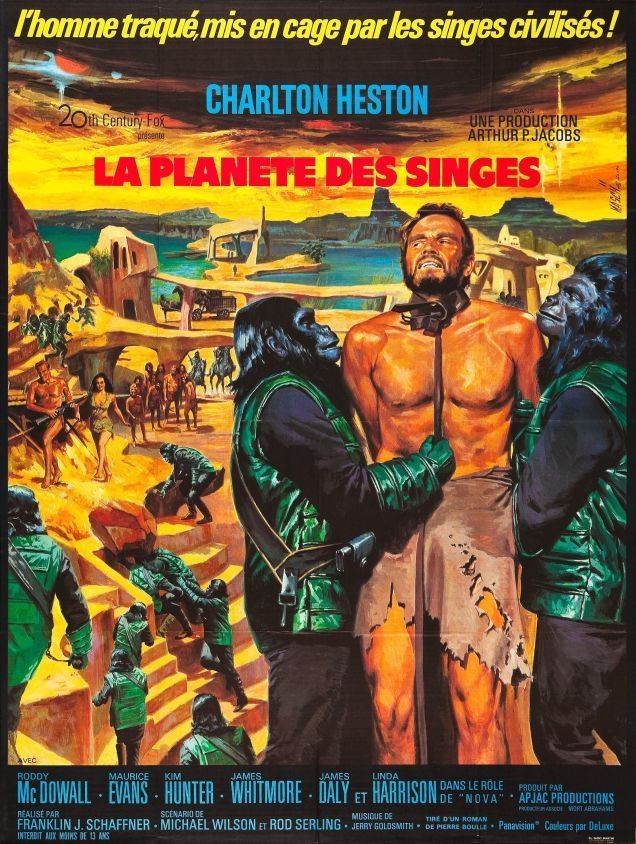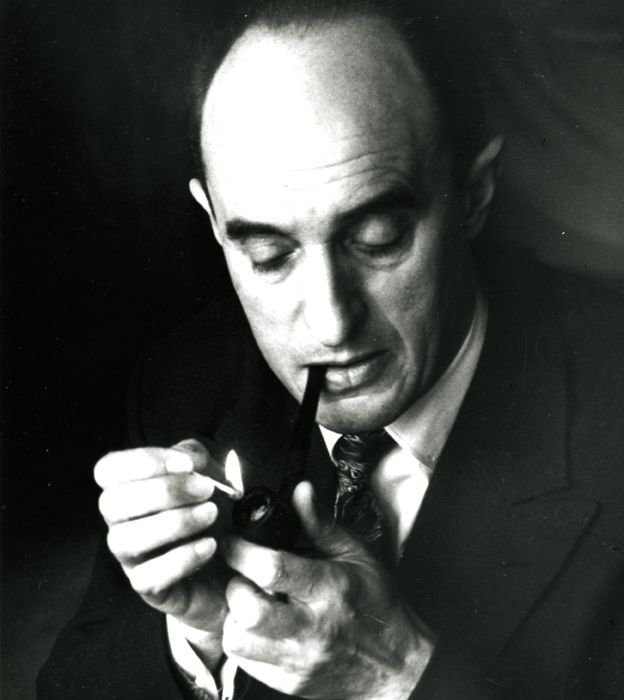Want to be a better thinker?
"Thinking in Systems" by Donella Meadows is the top book on Amazon for System Theory with 1,000+ ratings.
Here are some highlights (thread ↓)

— Donella Meadows
— Diana Wright
— Donella Meadows
— Donella Meadows
— Donella Meadows
"Everything we think we know about the world is a model."
"Our models usually have a strong congruence with the world."
"However, and conversely, our models fall far short of representing the world fully."
"These are the take-home lessons, the concepts and practices that penetrate the discipline of systems so deeply that one begins, however imperfectly, to practice them not just in one’s profession, but in all of life."
— Donella Meadows
"Mental flexibility—the willingness to redraw boundaries, to notice that a system has shifted into a new mode, to see how to redesign structure—is a necessity when you live in a world of flexible systems."
"If I could, I would add an eleventh commandment to the first ten: Thou shalt not distort, delay, or withhold information."
"Honoring information means above all avoiding language pollution—making the cleanest possible use we can of language. Second, it means expanding our language so we can talk about complexity."
"Pretending that something doesn’t exist if it’s hard to quantify leads to faulty models."
"Especially where there are great uncertainties, the best policies not only contain feedback loops, but meta-feedback loops—loops that alter, correct, and expand loops."
"Aim to enhance total systems properties, such as growth, stability, diversity, resilience, and sustainability—whether they are easily measured or not."
"Aid and encourage the forces and structures that help the system run itself ... Before you charge in to make things better, pay attention to the value of what’s already there."
"'Intrinsic responsibility' means that the system is designed to send feedback about the consequences of decision making directly and quickly and compellingly to the decision makers."
"Systems thinking has taught me to trust my intuition more and my figuring-out rationality less, to lean on both as much as I can, but still to be prepared for surprises."
"Let’s face it, the universe is messy. It is nonlinear, turbulent, and dynamic ... That’s what makes the world interesting, that’s what makes it beautiful, and that’s what makes it work."
"In a strict systems sense, there is no long-term, short-term distinction. Phenomena at different time-scales are nested within each other."
"In spite of what you majored in, or what the textbooks say, or what you think you’re an expert at, follow a system wherever it leads. It will be sure to lead across traditional disciplinary lines."
"Living successfully in a world of complex systems means expanding not only time horizons and thought horizons; above all, it means expanding the horizons of caring."
"Systems thinking can only tell us to do that. It can’t do it ... but it can lead us to the edge of what analysis can do and then point beyond—to what can and must be done by the human spirit."
System Structure & Behavior
Why Systems Work So Well
Why Systems Surprise Us
8 System Traps & Opportunities
12 Leverage Points
15 General Systems Wisdoms
& More
https://t.co/0zK4KaaY11
More from Culture
You May Also Like
Curated the best tweets from the best traders who are exceptional at managing strangles.
• Positional Strangles
• Intraday Strangles
• Position Sizing
• How to do Adjustments
• Plenty of Examples
• When to avoid
• Exit Criteria
How to sell Strangles in weekly expiry as explained by boss himself. @Mitesh_Engr
• When to sell
• How to do Adjustments
• Exit
1. Let's start option selling learning.
— Mitesh Patel (@Mitesh_Engr) February 10, 2019
Strangle selling. ( I am doing mostly in weekly Bank Nifty)
When to sell? When VIX is below 15
Assume spot is at 27500
Sell 27100 PE & 27900 CE
say premium for both 50-50
If bank nifty will move in narrow range u will get profit from both.
Beautiful explanation on positional option selling by @Mitesh_Engr
Sir on how to sell low premium strangles yourself without paying anyone. This is a free mini course in
Few are selling 20-25 Rs positional option selling course.
— Mitesh Patel (@Mitesh_Engr) November 3, 2019
Nothing big deal in that.
For selling weekly option just identify last week low and high.
Now from that low and high keep 1-1.5% distance from strike.
And sell option on both side.
1/n
1st Live example of managing a strangle by Mitesh Sir. @Mitesh_Engr
• Sold Strangles 20% cap used
• Added 20% cap more when in profit
• Booked profitable leg and rolled up
• Kept rolling up profitable leg
• Booked loss in calls
• Sold only
Sold 29200 put and 30500 call
— Mitesh Patel (@Mitesh_Engr) April 12, 2019
Used 20% capital@44 each
2nd example by @Mitesh_Engr Sir on converting a directional trade into strangles. Option Sellers can use this for consistent profit.
• Identified a reversal and sold puts
• Puts decayed a lot
• When achieved 2% profit through puts then sold
Already giving more than 2% return in a week. Now I will prefer to sell 32500 call at 74 to make it strangle in equal ratio.
— Mitesh Patel (@Mitesh_Engr) February 7, 2020
To all. This is free learning for you. How to play option to make consistent return.
Stay tuned and learn it here free of cost. https://t.co/7J7LC86oW0
























